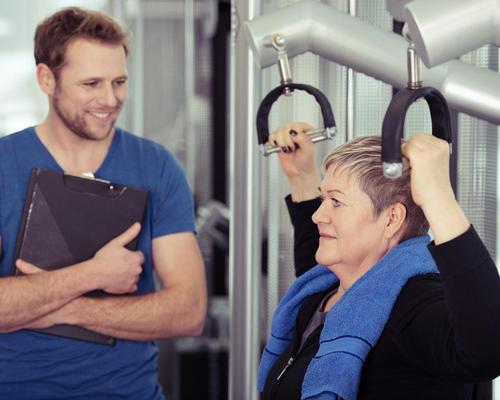29 Apr 2016
Strength training key to a longer life: study
BY Jak Phillips

It’s well-known that regular aerobic exercise forms a central pillar in a long and healthy life, however new research suggests that hitting the weights could be just as key to avoiding an early departure.
Older adults who met twice-weekly strength training guidelines had lower odds of dying in a new analysis by US researchers published in Preventive Medicine.
Over a 15-year period, older adults who strength trained at least twice a week had a 46 per cent lower risk of premature death than those who did not. They also had 41 per cent lower odds of cardiac death and 19 per cent lower odds of dying from cancer.
Many studies have previously found that older adults who are physically active have better quality of life and a lower risk of early mortality, however far less data has been collected on strength training. One reason for this, said researchers, could be that strength training guidelines are newer than recommendations for aerobic activity.
"This doesn't mean that strength training wasn't a part of what people had been doing for a long time as exercise, but it wasn't until recently that it was solidified in this way as a recommendation," said Dr Jennifer L. Kraschnewski, assistant professor of medicine and public health sciences at Penn State College of Medicine.
The study offers positive evidence that strength training in older adults is beneficial beyond improving muscle strength and physical function, the researchers added. As well as bringing improvements in fighting chronic conditions such as diabetes, osteoporosis, low back pain and obesity, they found that strength training pointed to a benefit in avoiding cardiac and cancer mortality.
The findings serve to further underline the importance of exercise in relation to ageing. They follow a recent study from the University of Kansas Medical Center (KUMC) that found raising fitness levels in later life can boost brain function. The research indicated that the intensity of the exercise appeared to matter more than the duration, backing up previous conclusions.
Close Window